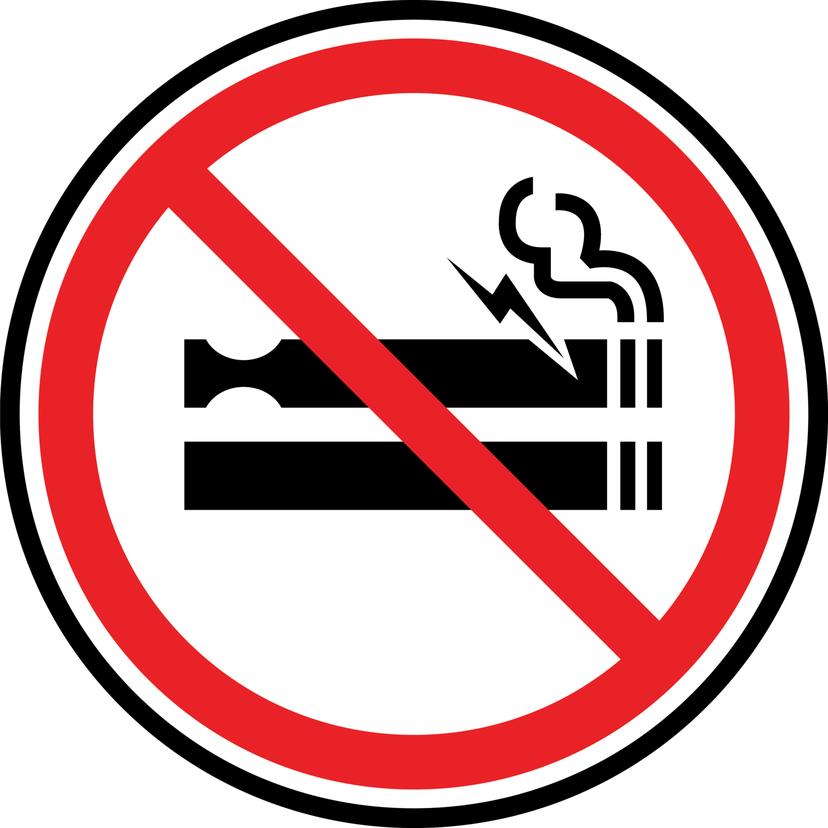Despite facing resistance from the tobacco industry, Uganda remains steadfast in its successful ban on the sale of e-cigarettes.
Uganda’s ban on electronic cigarettes (e-cigarettes) is seen as a crucial measure in the country’s fight against tobacco use, particularly among young individuals and those who have never smoked before.
E-cigarettes are devices powered by batteries that produce a vaporized solution for inhalation.
These devices, including e-hookahs, vaporizer cigarettes, vapes, and vape pens, contain harmful substances such as nicotine, acetaldehyde (a cancer-causing agent), acrolein (a weed killer that damages the lungs irreversibly), and diacetyl (a chemical linked to bronchiolitis).
The World Health Organization (WHO) Country Representative, Dr Yonas Tegegn Woldemariam, emphasized the importance of this ban, especially considering that a significant percentage of young boys and girls in Uganda start smoking each year.
Dr Yonas highlights the urgent need to address the high prevalence of smoking in Uganda, “Which contributes to non-communicable diseases and poses a significant public health threat. This justifies the implementation of the Tobacco Control Act and other government initiatives, including the regulation of e-cigarettes.”
Uganda is among the 35 countries globally that have banned e-cigarettes. The law prohibits the importation, manufacturing, distribution, sale, and offering for sale of e-cigarettes, including liquids containing nicotine or non-nicotine substances.
According to The West Australian, the other countries include Argentina, Bhutan, Brazil, Cambodia, Costa Rica, Ethiopia, India, Japan, Laos, Mauritius, Mexico, Nepal, Oman, Panama, Qatar, Singapore, Sri Lanka, Thailand, Turkey, Uruguay and Venezuela.
Contrary to claims made by the tobacco industry that e-cigarettes are less harmful and aid in smoking cessation, studies have shown that people who switch from traditional cigarettes to e-cigarettes are less likely to quit smoking.
This hinders their access to medical assistance and proven cessation methods, delaying or preventing successful quitting.
The tobacco industry’s lifecycle is highly detrimental to the environment, causing deforestation, pollution from fossil fuel use, and the disposal of non-biodegradable cigarette butts.
Tobacco-related issues lead to the death of 204 Ugandans every week.
The ban on e-cigarette sales was included in the Tobacco Control Act of 2015 as part of the government’s efforts to restrict their use. Although enforcement of legal consequences is not optimal, there has been a noticeable reduction in public smoking.
Uganda has made progress in tobacco control, including making cigarettes less affordable and implementing bans on direct advertising, promotion, and sponsorship. Additionally, tobacco taxation has increased by 39.9%.
The Constitutional Court upheld the 2015 Tobacco Control Act as constitutional, dismissing a legal challenge brought by British American Tobacco Uganda, the dominant player in Uganda’s tobacco industry.
Advocacy and Networking Officer at the Uganda National Health Consumers’ Organization, Mable Kukunda notes that, “The ban on e-cigarettes in Uganda has yet to have a significant impact on public health.”
She calls for better enforcement and implementation of the ban, along with other effective tobacco control strategies such as taxation and industry monitoring.
Ms Kukunda suggests that, “Fully implementing the ban can protect young people from harmful innovations like e-cigarettes and the tobacco industry’s subtle marketing tactics.”
Uganda, as a signatory to the WHO Framework Convention on Tobacco Control, utilizes evidence-based strategies to combat the tobacco epidemic. Research shows strong support for anti-tobacco measures among adults in Uganda, including increased taxes on tobacco products and a complete ban on tobacco advertising.
The WHO continues to support Uganda’s Ministry of Health in various tobacco control initiatives, including raising awareness about the health and environmental impacts of tobacco consumption, encouraging farmers to grow food instead of tobacco, conducting research, and providing training and surveillance.

